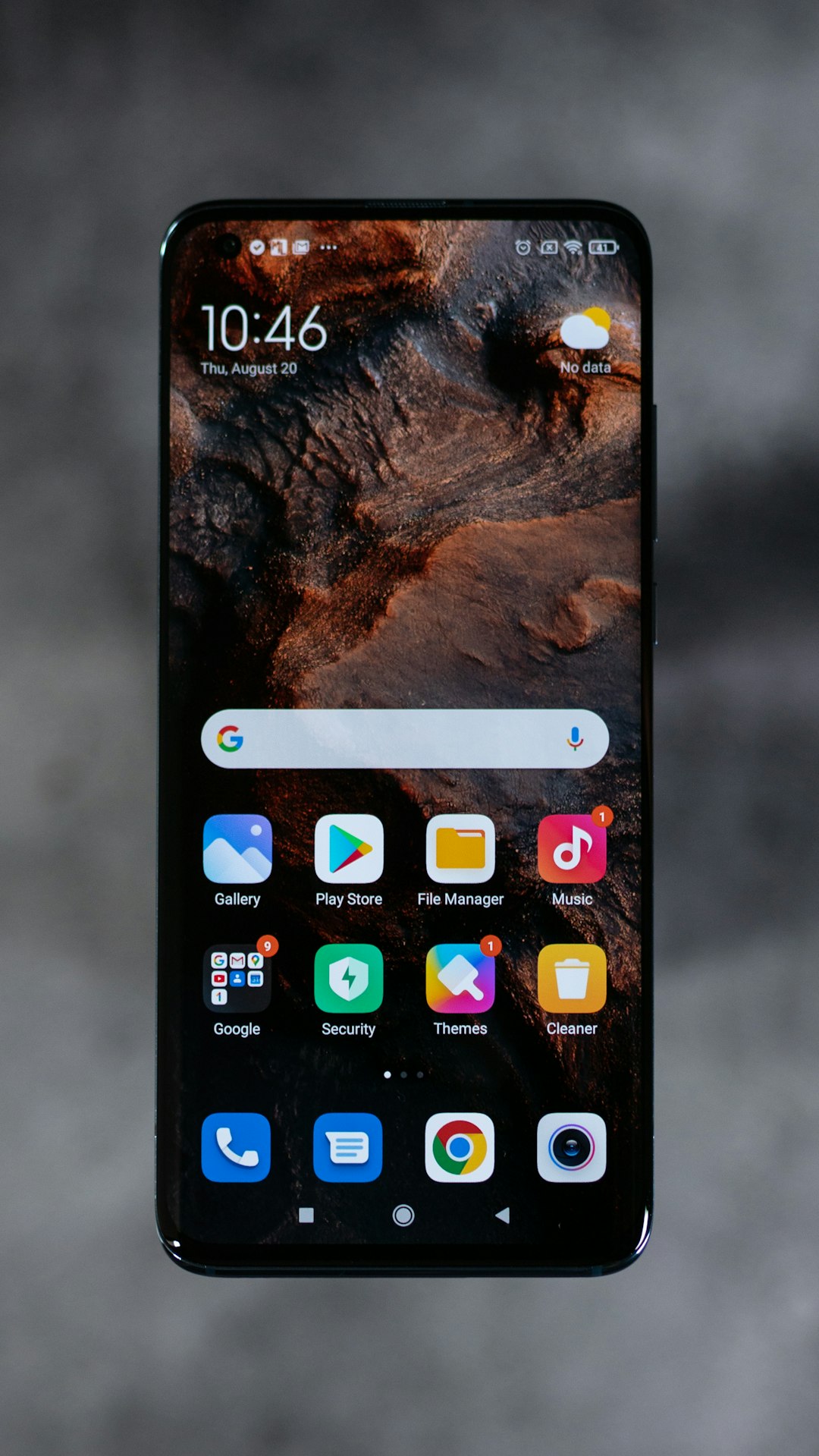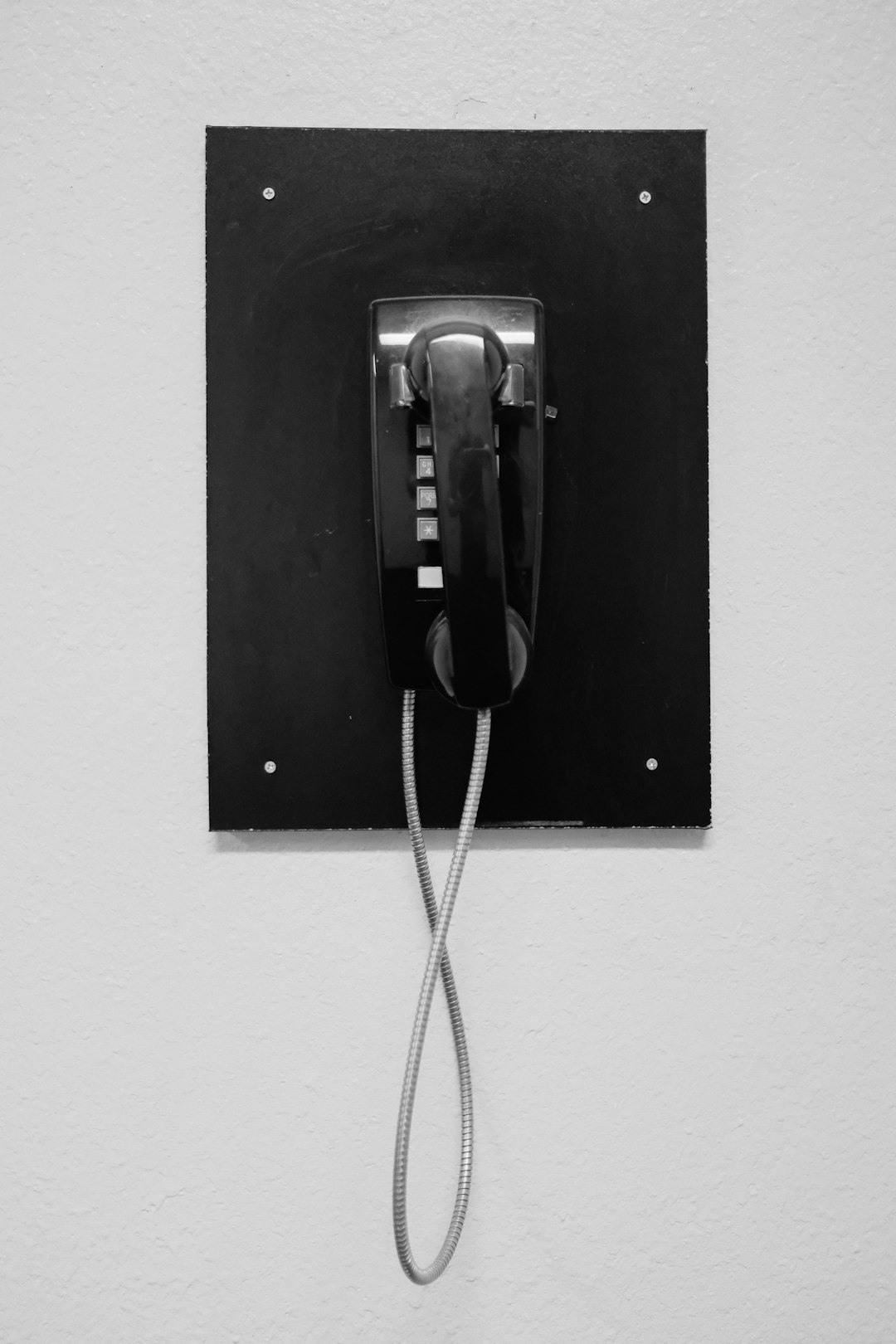Pennsylvania's robocall laws, governed by federal acts like TCPA and state regulations, restrict automated calls unless prior consent is given. Consumers can combat unwanted calls using mobile apps like TrueCall and Hush, which offer advanced blocking, machine learning, and user-curated blacklists, aligning with local robocall Laws Pennsylvania. Regular app updates and good digital hygiene are essential alongside compliance to effectively protect against robocalls.
Tired of unwanted robocalls? Discover the ultimate guide to reclaiming your phone lines in Pennsylvania. In this article, we explore the state’s robust Robocall Laws and provide practical solutions for effective protection. Learn how to identify and block common robocalls using top-rated apps, featuring advanced technologies for comprehensive coverage. We also highlight essential app features and share best practices to ensure a safer digital experience in Pennsylvania.
Understanding Robocall Laws in Pennsylvania

In Pennsylvania, the fight against robocalls has legal implications that are important to understand. The Telephone Consumer Protection Act (TCPA) is a federal law that restricts automated phone calls and texts, known as robocalls, for marketing purposes. However, certain exceptions apply, allowing businesses to contact consumers under specific conditions without prior consent. State laws further regulate these practices, ensuring citizens’ privacy and peace of mind.
Pennsylvania’s regulations focus on providing residents with control over their phone numbers. It prohibits automated calls unless the caller has obtained explicit permission or is part of an existing business relationship. This means that if a consumer hasn’t given consent for robocalls, they can take legal action against violators. Understanding these laws is crucial for both consumers and businesses to ensure compliance and protect their rights in the ever-evolving landscape of phone communication.
Identifying and Blocking Common Robocalls

Robocalls have become a persistent problem across the United States, including Pennsylvania, where strict robocall laws are in place to protect residents from unwanted and fraudulent calls. Identifying these calls can be challenging due to their automated nature, but certain patterns and characteristics often give them away. Common robocalls typically target a large number of people at once, using pre-recorded messages that promote products, services, or even scams.
In Pennsylvania, as in many other states, consumers have the right to block these calls through various tools and apps designed specifically for this purpose. By utilizing trusted app options, individuals can gain control over their phone lines, minimizing the number of robocalls they receive. These apps employ advanced technologies to recognize and filter out suspicious calls, ensuring a quieter and safer communication environment.
Top App Choices for Effective Protection

In the battle against relentless robocalls, several mobile apps have emerged as reliable weapons for Pennsylvania residents. These applications offer sophisticated technology to filter and block automated calls, ensuring a quieter and more peaceful communication experience. Among the top choices, TrueCall stands out with its advanced AI capabilities, enabling users to identify and block not only robocalls but also spam texts. The app’s success lies in its ability to adapt and learn from call patterns, making it highly effective against evasive robocallers.
Another notable mention is Hush. This robust privacy app provides comprehensive protection by utilizing a combination of automated blocking and user-curated blacklists. With features like Call Screening and Smart Block, Hush allows users to take control of their communication. Additionally, its integration with local robocall Laws in Pennsylvania ensures that the app remains updated with the latest regulations, further enhancing its reliability as a trusted robocall blocker.
Features to Look Out for in Anti-Robocall Apps

When choosing an anti-robocall app for Pennsylvania residents, look out for specific features designed to protect against automated calls and comply with state laws. Advanced call screening capabilities are essential; these apps should be able to identify and block robocalls using machine learning algorithms and dynamic number blocking lists. Customizable settings allow users to set preferences, such as allowing calls from known contacts or specific areas.
Additionally, consider apps that offer call history and analytics, providing insights into the types of calls received and helping users stay informed about emerging robocall trends. Integration with local Do Not Call registries is another valuable feature, ensuring compliance with Pennsylvania’s robocall laws. Look for user-friendly interfaces and robust security measures to protect personal data, as these apps often handle sensitive call information.
Staying Safe: Best Practices for Users

Staying Safe in the Age of Robocalls: Best Practices for Pennsylvania Users
With robocall laws in Pennsylvania becoming stricter, users have a powerful tool at their disposal to protect themselves—robocall-blocking apps. These applications are designed to filter out unwanted calls, ensuring users’ peace of mind and privacy. When choosing an app, it’s crucial to opt for reputable options that offer robust blocking capabilities and respect user data privacy. Look for features like call history analysis, personalized filtering, and real-time protection against emerging robocall patterns.
To stay safe, users should regularly update their apps to combat new robocall tactics. Additionally, being cautious with personal information shared online can deter scammers from targeting you. Remember, while blocking apps are effective, staying informed about local robocall laws and practicing good digital hygiene are complementary measures to keep your lines clear of intrusive calls.






